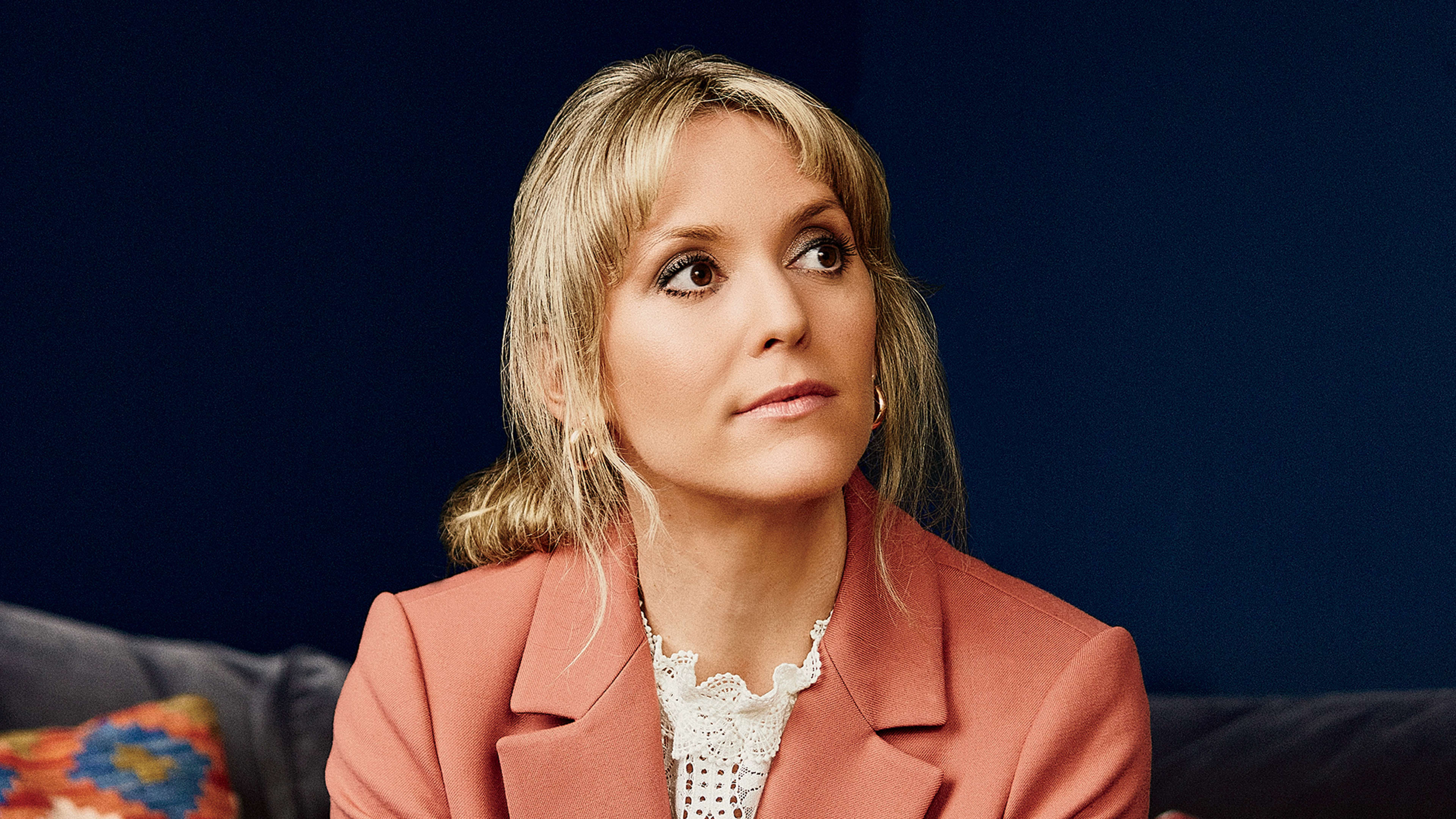As New Yorkers retreated to their homes to stop the spread of COVID-19 in March 2020, Clemency Burton-Hill, then 38, was waking up from a 17-day coma. The creative director of New York Public Radio’s classical music station WQXR had suffered a traumatic brain injury while at work that left her unable to speak, walk, or even listen to the station whose content she had been working on for more than three years. After she emerged, Burton-Hill, who grew up in London playing classical violin, lost her ability to practice and process music, both cognitively and emotionally. Eventually, she learned how to appreciate music again and credits it with helping her heal. The experience, she says, only strengthened her belief in her ultimate goal: to bring classical music to as many people as possible and expand its listenership beyond its traditionally older and whiter audience. Here, she talks about understanding and creating programming for her audience, and what she’s learned from her injury.
Remember your mission
Burton-Hill’s passion for music began at an early age when, as a toddler, she saw a children’s Christmas concert on TV and begged her bewildered single mother to let her take music lessons. “She heard about the Suzuki method and looked it up in the yellow pages,” says Burton-Hill. “She knew so little about it that she kept calling Suzuki dealerships and motorcycle groups.” Eventually, they found a violin teacher trained in the pedagogical technique. “The Suzuki method treats learning music like learning a language. Suzuki understood that our universal language is music,” she says. “That idea has been central to my philosophy at work.” Despite not yet being able to return to work yet, Burton-Hill’s sense of mission is undimmed: she seeks to connect people from all backgrounds via a shared language and make sure the content is approachable. In her two volumes of Year of Wonder: Classical Music to Enjoy Day by Day, Burton-Hill introduces readers to one piece of classical music every day and provides a little background on the composer of the piece while placing it in its historical context.
Meet your audience where they are
Burton-Hill is aware that classical music has a PR problem. “A lot of people feel like classical music isn’t for them. A lot of it is because classical music education and access is often only available to wealthier people,” she says. But Burton-Hill, who oversaw special projects at a station that attracts approximately half a million listeners per week and another 100,000 listeners per month to its podcasts, strives to appeal to people regardless of their musical education. “I want people to listen to this at their own pace and fit it into their lives however they can,” she says. To make programming more accessible, Burton-Hill has launched shows, such as The Open Ears Project, where she interviews guests ranging from celebrities like Tom Hiddleston to a 9/11 firefighter on the pieces that mean the most to them. “Saying you like classical music is sort of like saying you love pop music in that there’s just so much out there,” says Burton-Hill, whose goal is to showcase a wide variety of classical pieces. “I want to meet people where they are. Maybe you don’t like Beethoven; that’s fine, he’s got plenty of fans. Maybe you love Hildegard von Bingen—that’s great!”
Musical Education: Clemency Burton-Hill has devoted her career to bringing classical music to the masses.
Take nothing for granted
After waking up from a coma, Burton-Hill, isolated in a Manhattan hospital room at the height of the pandemic, had to learn how to speak and move all over again. Even music, she says, was difficult to listen to. “After my brain exploded, I knew I needed to find my way back to music,” she says. Eventually, she regained her ability to listen and absorb it. “The brain heals, and neuroplasticity is a real thing,” she says. Learning to appreciate music again also reinvigorated her sense of purpose. “I have always been a workaholic, and that’s not always a good thing,” she admits. “I have a lot of friends who are bankers or lawyers and their work is not their life. But I feel so lucky knowing this work is mine and understanding how magical it is.”
Recognize your brand’s excellence by applying to this year’s Brands That Matter Awards before the early-rate deadline, May 3.




